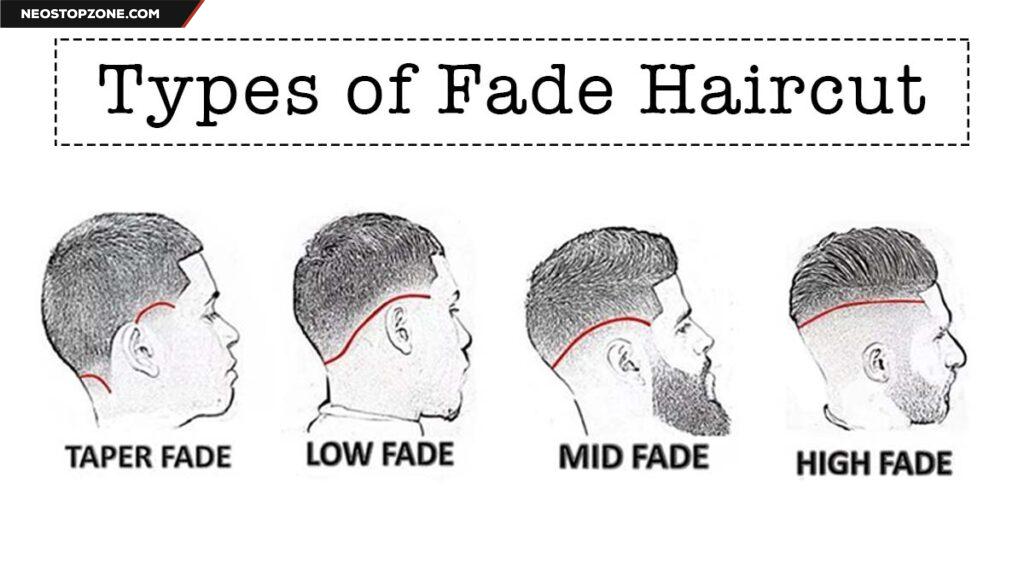
Introduction
Dandruff is a common scalp condition that affects many people worldwide. It is characterized by the shedding of dead skin cells from the scalp, resulting in white flakes and itchiness. While dandruff is not a serious medical condition, it can be embarrassing and uncomfortable. Fortunately, there are several effective home remedies and tips that can help you get rid of dandruff and restore a healthy scalp. In this article, we will explore some natural remedies, lifestyle changes, and preventive measures that can alleviate dandruff-related issues.
Understanding Dandruff
Dandruff is often caused by an overgrowth of a yeast-like fungus called Malassezia on the scalp. This fungus feeds on the natural oils produced by the hair follicles, leading to irritation and inflammation. Factors such as dry skin, oily scalp, hormonal changes, stress, and certain medical conditions can contribute to dandruff. Understanding the root causes of dandruff is crucial in finding the right remedies.
Natural Remedies for Dandruff
- Tea Tree Oil: Tea tree oil has antifungal properties that can effectively combat the yeast responsible for dandruff. Mix a few drops of tea tree oil with your regular shampoo and massage it into your scalp. Leave it on for a few minutes before rinsing thoroughly.
- Apple Cider Vinegar: Apple cider vinegar helps restore the pH balance of the scalp, reducing the growth of fungi. Mix equal parts of apple cider vinegar and water and use it as a final rinse after shampooing. Leave it on for a few minutes before rinsing with water.
- Coconut Oil: Coconut oil is known for its moisturizing properties. Apply warm coconut oil to your scalp and massage it gently. Leave it on for at least 30 minutes or overnight before washing it off with a mild shampoo. Regular use can help reduce dandruff and soothe the scalp.
- Aloe Vera: Aloe vera has soothing and anti-inflammatory properties that can relieve itchiness and irritation caused by dandruff. Apply fresh aloe vera gel directly to the scalp and leave it on for 30 minutes before rinsing. Repeat this process regularly for best results.
Lifestyle Changes to Prevent Dandruff
- Maintain Good Hygiene: Regularly shampooing your hair helps remove excess oil, dead skin cells, and other impurities that can contribute to dandruff. Choose a gentle shampoo specifically designed for dandruff-prone scalps.
- Avoid Harsh Hair Products: Some hair products contain harsh chemicals that can irritate the scalp and worsen dandruff. Opt for natural and mild hair care products that are free from sulfates and parabens.
- Manage Stress: Stress can trigger or worsen dandruff. Practice stress management techniques such as meditation, deep breathing exercises, or engaging in hobbies to reduce stress levels.
- Maintain a Balanced Diet: A healthy diet rich in vitamins, minerals, and essential fatty acids can promote a healthy scalp. Include foods like fruits, vegetables, whole grains, lean proteins, and omega-3 fatty acids in your diet.
Prevention is Key
Preventing dandruff is often easier than treating it. Here are some preventive measures you can take:
- Regular Scalp Exfoliation: Gently exfoliate your scalp using a soft brush or a scrub once a week to remove dead skin cells and prevent the buildup of flakes.
- Avoid Hot Water: Hot water can strip the scalp of its natural oils, leading to dryness and dandruff. Wash your hair with lukewarm or cool water instead.
- Protect Your Scalp from the Sun: Extended sun exposure can worsen dandruff. Wear a hat or use a sunscreen spray specifically designed for the scalp when spending time outdoors.
- Avoid Sharing Personal Items: Sharing combs, brushes, hats, or towels can spread dandruff-causing fungi. Ensure you have your personal hair care items to prevent cross-contamination.
Conclusion
Dandruff can be a pesky problem, but with the right home remedies, lifestyle changes, and preventive measures, you can effectively manage and get rid of it. Experiment with different natural remedies, maintain good hygiene practices, and make healthy lifestyle choices to keep your scalp dandruff-free. Remember, consistency and patience are key when dealing with dandruff.
Frequently Asked Questions (FAQs)
1. Can stress cause dandruff?
Stress can trigger dandruff or worsen existing dandruff conditions. It is essential to manage stress levels to maintain a healthy scalp.
2. Are over-the-counter dandruff shampoos effective?
Over-the-counter dandruff shampoos containing active ingredients like zinc pyrithione, ketoconazole, or selenium sulfide can be effective in managing dandruff. However, results may vary, and it’s best to consult a dermatologist for severe cases.
3. Can diet impact dandruff?
A balanced diet rich in essential nutrients can promote a healthy scalp and reduce the risk of dandruff. Incorporate fruits, vegetables, whole grains, and omega-3 fatty acids into your diet.
4. Can dandruff be cured permanently?
While dandruff cannot be permanently cured, it can be effectively managed with proper care, lifestyle changes, and the use of suitable remedies and treatments.
5. When should I consult a dermatologist for dandruff?
If home remedies and over-the-counter treatments do not alleviate your dandruff or if the condition worsens, it’s advisable to consult a dermatologist for a proper diagnosis and personalized treatment plan.
